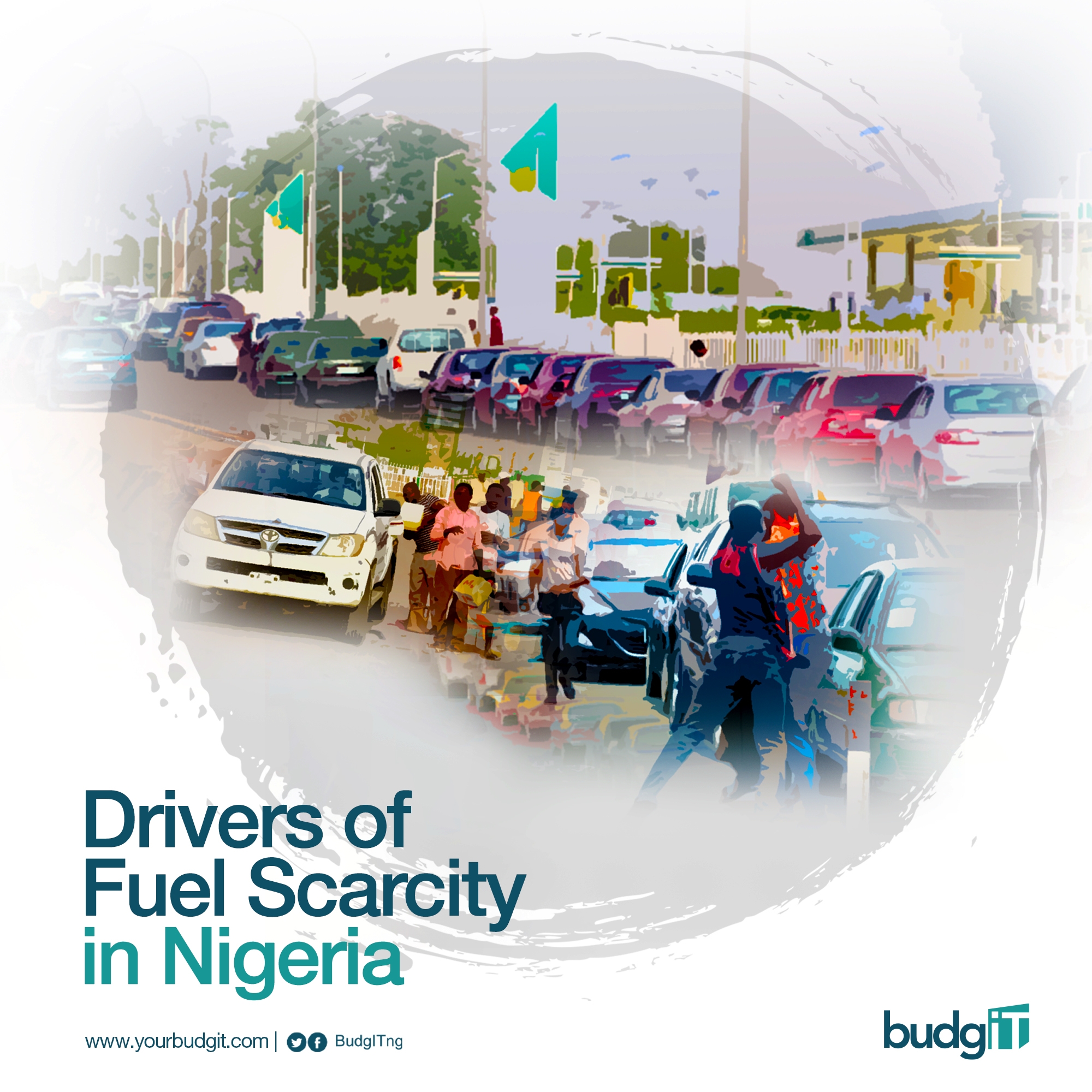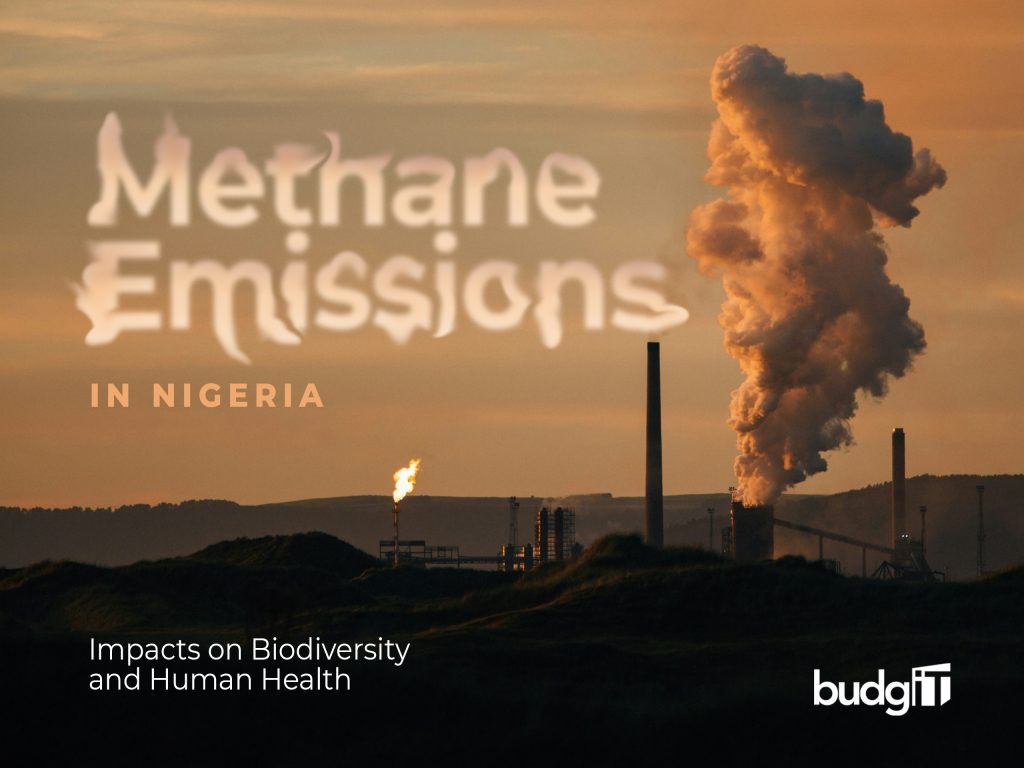The lack of availability of petrol is not a novel problem for Nigerians.
Nigerians have had to face severe hardship due to fuel scarcity for the better part of 2022, in fact, it would have been highly unusual for an entire year to pass without the issue of fuel scarcity making a brief appearance in the economic spotlight. Having persisted for so long, fuel scarcity has effectively become the new normal in Nigeria, and as a Nigerian, you should prepare for it at any time, preferably during the yuletide.
In 2022 alone, Nigeria has had three major petrol scarcity events – first, in February, when the NNPC imported petrol with methanol which is against Nigeria’s specifications, then, in June, when petrol transporters stopped transporting petrol to parts of the country due to diesel prices, and the most recent which the country is still recovering from in October, was due to logistics challenges caused by the cost and availability of vessels to transport petrol.
Why do Nigerians have to wait in long queues to fill their tanks and jerry cans?
The current fuel scarcity has been attributed to the unavailability of petroleum products and difficulty accessing foreign exchange by marketers, as reported by the Independent Petroleum Association of Nigeria (lPMAN). It was stated that the scarcity was due to the unavailability of vessels to ship the product into the country. Other sources traced the scarcity of petrol to the increase in the exchange rate, which has seen many high moments in the parallel market, hitting N800/$ as of November 2022.
It was also gathered that the fuel scarcity might also be due to the fact that, at some point, the Nigerian National Petroleum Corporation Limited (NNPC Limited) owed ship owners a whopping $90 million eight months after they rendered their services to the limited liability company. This may lead to a persistent fuel crisis, as the ship owners have threatened to withdraw their services should NNPC Limited refuse to settle the bill. Likewise, it is purported that the storage facilities provided by the NNPC Limited for imported petrol are not adequate; hence, private depot owners also store petrol. Furthermore, security agencies are not helping matters. Petrol tanker drivers have consistently lamented the several checkpoints, roadblocks and illegal extortion at the hands of security agencies. This has immensely affected the petrol supply chain.
When the issue of fuel scarcity started earlier this year, the government attributed it to the persistent flooding in major cities of the country, as well as the construction of roads which affects petrol tankers from transporting the products. There would be no lie when one posits that the major cause of fuel scarcity in Nigeria is linked to the refineries that have been out of operation for several years. Nigeria, as the second largest producer of crude oil in Africa, cannot boast of a single functioning refinery. Nigeria has to sell its crude oil, and in return, import finished products from other countries.
What is the State of Nigeria Refineries?
Nigeria currently has four refineries – two in Port Harcourt, one in Warri and one in Kaduna – with a combined capacity to refine 445,000 barrels of crude oil per day. Nonetheless, the four refineries continue to incur annual operational costs without refining a single barrel of crude oil daily. According to the recently published 2021 audited statements of NNPC Limited, it was stated that the refineries did not record any revenue in 2021 but incurred a comprehensive loss of N69 billion.
While efforts should be intensified in building new refineries, the government can still make the existing ones functional. If the local refineries are made to work efficiently, Nigeria’s dependence on imported petroleum products will be minimal. In addition, the government should encourage the establishment of more modular refineries and support small-scale indigenous refineries in the Niger Delta (which are currently branded illegal) by improving the crude technology being deployed.
Even when Nigeria had an oil swap in which the crude oil was traded in exchange for refined products, it was discovered that the refined products were not always equivalent to the crude oil that was exported.
Another stumbling block to the availability of petrol in the country is the issue of subsidy. According to the Petroleum Industry Act of August 2021, subsidy payment ought to stop within six months of its passage. Unfortunately, the government has stated that the removal of the subsidy will happen in 2023, the precise date itself is uncertain (though the Minister for Finance stated that June will be the cut-off month), but there appears to be acute resistance from several stakeholders.
Petrol marketers have projected that the product may be sold for as high as N400 per litre once the removal of subsidy takes effect. Apart from inflicting untold hardship on Nigerians, any hike in the price of fuel will weaken the economy and lead to social unrest. Notwithstanding, the removal of subsidy is still a necessity. What the government needs to do is to put adequate measures in place to ease the burden that the removal may bring on the citizens.
It is no news that the petroleum subsidy has taken an enormous toll on the nation’s revenue. With its payments expected to gulp over N1.7 trillion in 2023, there are concerns that this will add to the existing difficulties of funding the 2023 budget, which is largely deficit-driven.
The smuggling of petrol has also been a significant driver of the increase in Nigeria’s petroleum subsidy cost. It is estimated that at least 15.6 million litres of petrol per day are smuggled across Nigeria’s borders to its neighbouring countries. A major incentive exists for the smuggling of petrol across Nigeria’s borders due to the significant price disparity between Nigeria and its neighbours. While petrol was selling for 165/litre in Nigeria before the current fuel scarcity, it sold for between N577/litre and N660/litre in the countries bordering Nigeria. Very little has been done to establish an intelligence-driven accountability mechanism to track the “apparent distribution” of petrol across the federation and stem the smuggling of the product across Nigeria’s borders.
Nigeria’s reported daily consumption of petrol had grown astronomically in the last seven years, with very little empirical evidence to back it up. Nigeria’s average daily consumption has increased from 20.52 million litres in 2015 to 40.74 million litres in 2020 and 50.49 million litres in 2021. In the first three months of 2022, the country recorded an average daily consumption of 64.14 million litres, while the Nigerian Midstream and Downstream Petroleum Regulatory Authority (NMDPRA) made it known in September 2022 that Nigeria’s average daily consumption of petrol currently stood at 66.8 million litres.
The devastating effects of the fuel shortage on the Nigerian people are no longer news. It’s not only vital to the functioning of many different industries; it’s also essential to the nation’s social and economic development. For lack of a better word, its unavailability will lead to social and economic unrest, inflation, increased transportation costs, and slow economic growth. This begs the question – For how long will this continue?
Follow us on all social media platforms @budgitng to stay abreast of our activities.



